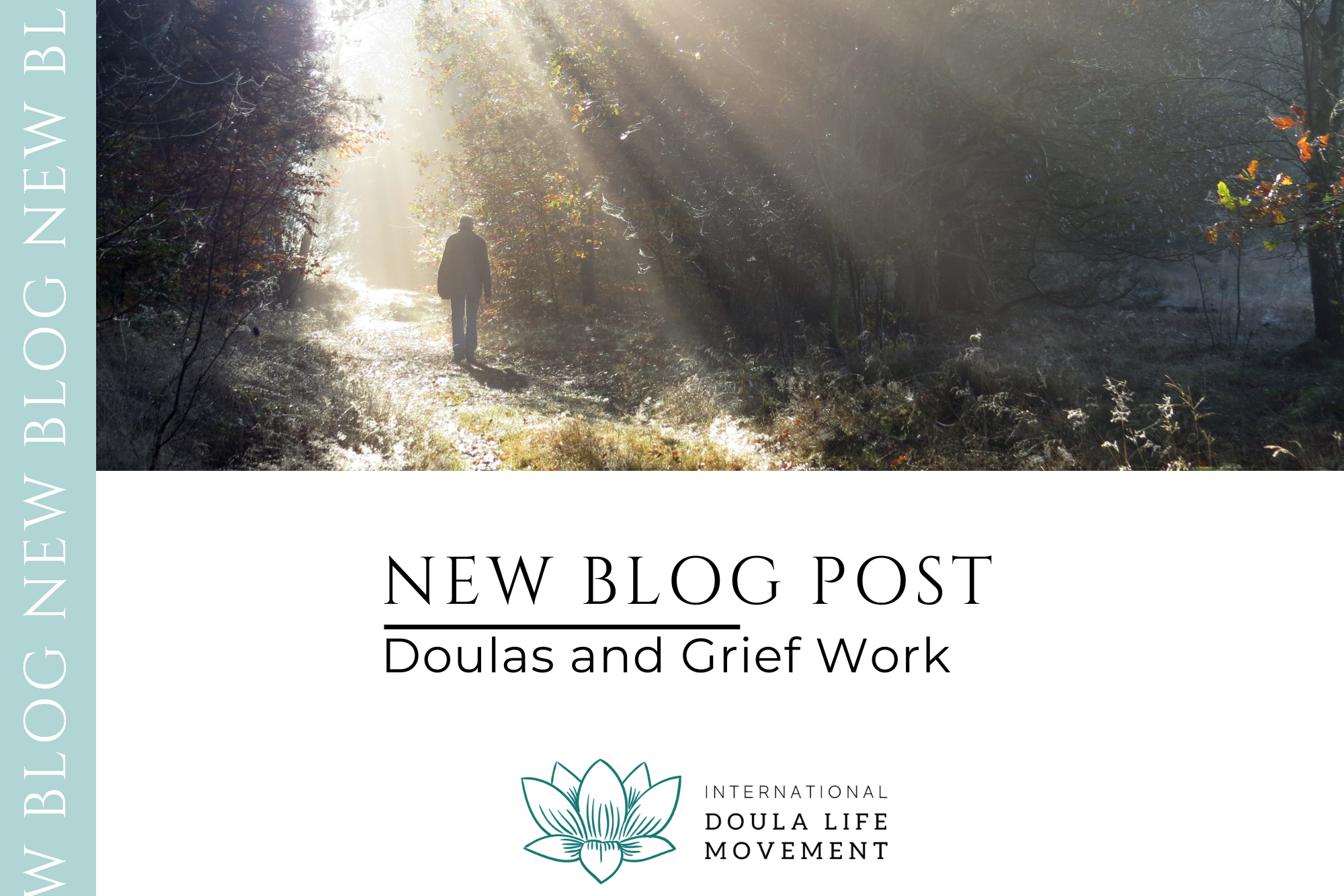When somebody dies, there is a lot that has to be done. Whether the death is sudden or expected, once it happens there is a lot of paperwork that needs to be filled out, documents to be filed, people who need to be contacted. There are phone calls and visits to make, people gathering for the funeral or whatever other type of memorial might be held.
And then, after a couple of weeks, it’s all done. It’s time for everyone to go back to their lives.
This can be the most difficult time for the people who had been closest to the deceased. Once the flurry of activity is over, the distractions go away… but the emptiness stays. This is the time for most people when grief truly sets in, and the painful work of processing the loss really begins.
Those of us who work in end of life care need to be considerate of the fact that while death is certainly the end for the person who dies, for the people who grieve it is only the beginning. Maybe you have a focus in grief work and feel prepared to offer assistance and resources to the bereaved, or maybe you wuld rather refer them to someone else who works more in that sphere than you do. Working in death care does not always mean being an expert in grief, and that’s totally okay.
One thing you can do in any case is to follow up. It could be a card, a phone call, an email—whatever feels right based on the way you work and your relationship to the client—but reach out. One month after the death, three months after the death, six months… you get it. In most cases, as time passes there will be fewer and fewer people reaching out to ask how the bereaved person is doing, or wanting to talk about the deceased. Maybe those people feel like it’s better to move on, or maybe they really have moved on and they don’t think about it much anymore. Maybe they are simply busy with other things, because life keeps us all busy all the time. But when someone is in deep grief, six months is not very much time at all.
In fact, the reason this period can be so hard for someone who is grieving is that grief has its own timeline, and that timeline can be slow. With everyone they know going back to their lives, it can feel like nobody even remembers the loved one that they lost, but to them it still just barely happened.
The purpose of sending out that follow up is to let them know you haven’t forgotten. You still remember their lost loved one, and more importantly, you still remember them. Don’t worry about saying anything profound. A simple, “Hey, it’s been a while and I’m thinking of you. Hope you’re okay” is all you need. Grief heals at its own pace, but the best medicine for grief is being seen. A simple reminder to the griever that you care can be one of the most healing gifts you can offer.






